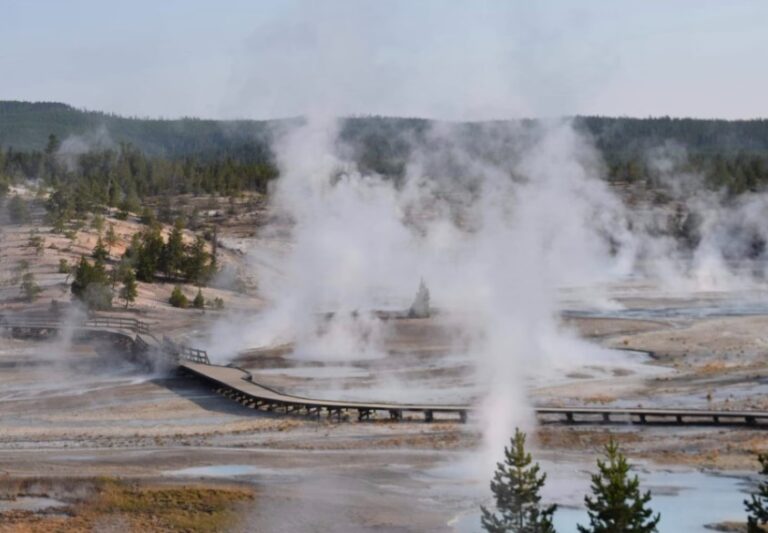Have you ever thought about obtaining clean energy not only from the wind or sun but also from the evaporation of water? This energy capacity is still underestimated even though research is making giant strides in this regard.
This is demonstrated by the studies of a scientific team from Columbia University, the results of which were recently published in the journal Nature. In particular, it has been demonstrated how the natural evaporation of open water can provide energy equal to that produced by the wind or the sun. But how?
Table of Contents
Energy from evaporation: the Columbia University’s research
The production of clean energy from the evaporation of water has been studied by researchers at Columbia University through the development of water-reactive materials, capable of converting the evaporation of water into electricity. Such materials can be incorporated into evaporative-start engines, which produce energy when placed on a surface of evaporating water.
To demonstrate the veracity of their thesis, the researchers conducted an experiment, using a device that produces energy from evaporation, through the presence of bacterial spores. The device, made up of spore-coated plastic shutters that open and close based on humidity, is placed on a surface of water subject to evaporation.
Bacterial spores behave like a muscle and absorb humidity when the percentage is high, they release it by contracting when the percentage of humidity decreases. The shutters have the appearance of a shutter: when the “shutter” is closed, the evaporation of the water underneath increases the humidity and the plastic strips, covered in spores, swell, absorbing the water vapor, and they get longer.
When they reach maximum absorption, the shutters open and let the steam out, then shorten and close again, restarting the process in a cyclical way. The moving point of the “shutters” is connected to a generator: thanks to the cyclical movement of the plastic strips, electricity is produced.
Energy from evaporation: potential fields of application
For the moment, the experiment was conducted only in the laboratory, on small areas. However, it is an easily scalable system, which could easily be adopted even on very large surfaces and therefore on a large scale, potentially finding application in lakes or large reservoirs.
Narrowing the field to the United States, the forecasts of researchers at Columbia University speak of a hypothetical future production of this type of energy equal to 70% of all the electricity that the nation currently produces.
The advantages and few disadvantages of energy from evaporation
As we have seen, the presence of a natural area rich in water may be sufficient to install the device. The materials needed to create the device are biological and economical.
Unlike traditional clean energy sources, which are strongly influenced by external weather conditions and only produce energy when the sun shines or when the wind blows, energy from evaporation could only be produced when needed.
Another advantage consists in reducing natural losses of water due to evaporation processes. Especially in countries characterized by high drought, this could be a particularly interesting aspect, since it would allow higher quantities of water than normal to be maintained in those areas.
This type of energy also does not need batteries or accumulators, as it is stored thermally in the water below.
In any case, the new technology is not immune to some disadvantages, since the visual impact of the devices is still to be evaluated and since the technology is difficult to apply in areas characterized by drought. In any case, this is an experiment still underway, the developments of which are to be followed in the months to come.
Read also: All about geothermal energy: what is it, advantages and disadvantages












